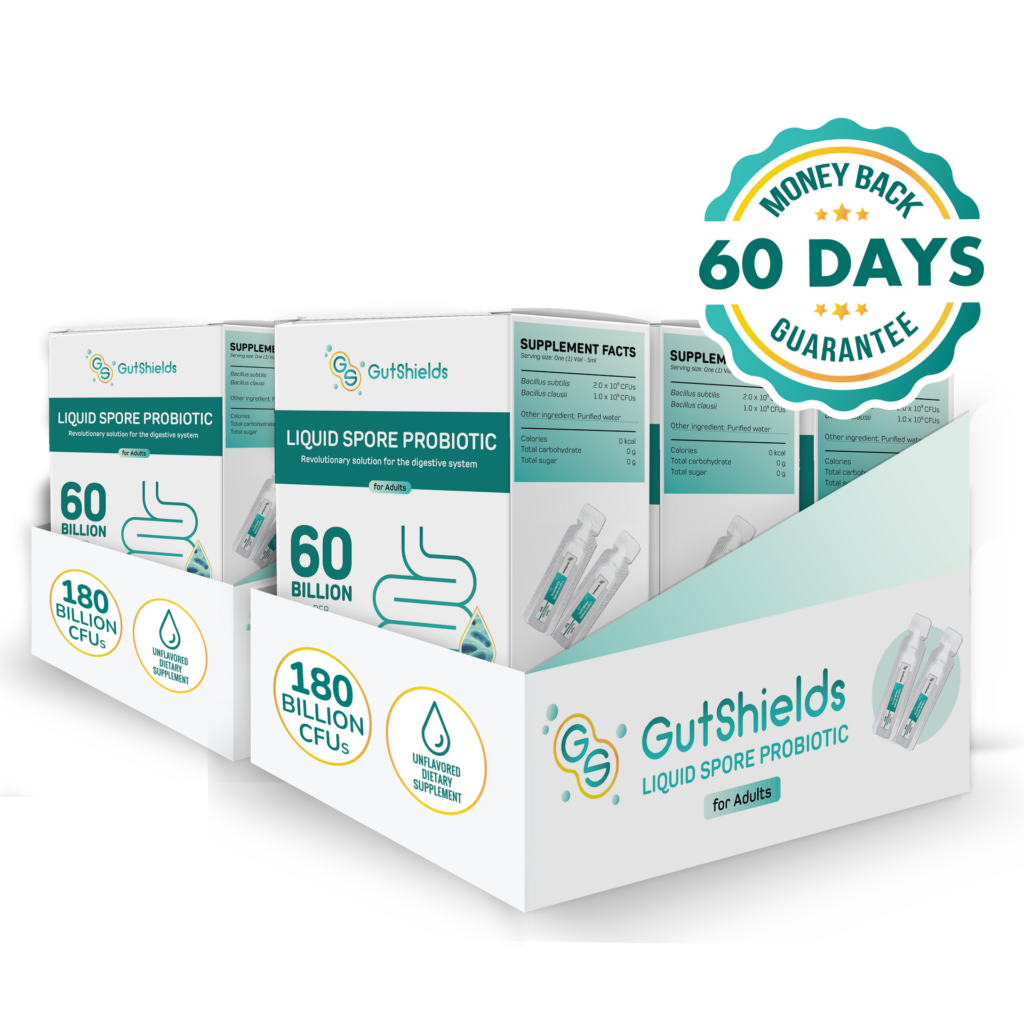Being diagnosed with Irritable Bowel Syndrome (IBS) can feel both like a relief and a life sentence. You finally have a name for your symptoms, but you may also leave your doctor’s office with more questions than answers.

I was once in your shoes — overwhelmed, frustrated, and not sure who to believe or where to start. Now, after years of working in and around the science of gut health, I want to share the key lessons I wish I had known when I first heard the words: “You have IBS.”
1. IBS Is Real. And It’s Not Just in Your Head.
Too often, IBS is brushed off as stress-related or “just anxiety.” Yes, the gut-brain axis plays a huge role. But IBS is a biological condition with real physiological mechanisms — from gut microbiome imbalances to immune activation and motility dysfunction.
👉 What I wish I knew:
Just because tests come back “normal” doesn’t mean nothing’s wrong. You are not imagining it.
2. It’s Not One Disease — It’s a Cluster of Triggers
IBS is not a single condition with a single cause. It’s an umbrella diagnosis. Your IBS may stem from:
- Food sensitivities (especially gluten, dairy, FODMAPs)
- Post-infectious IBS (after a stomach virus)
- Small Intestinal Bacterial Overgrowth (SIBO)
- Candida or fungal imbalance
- Chronic inflammation
- Nervous system dysregulation
👉 What I wish I knew:
Treating symptoms without investigating the cause is a dead end. You have to find your unique trigger.
3. The Right Probiotic Can Change Everything

Early on, I wasted money on generic probiotics that made my symptoms worse. Why? Because not all probiotics are created equal — and some strains can actually aggravate IBS in the wrong context.
It wasn’t until I discovered spore-forming probiotics, like Bacillus subtilis or products like GutShield – Liquid Spore Probiotic, that I saw a major shift. Spore probiotics survive stomach acid and help balance the gut microbiome without bloating.
👉 What I wish I knew:
Strain specificity matters. Choose clinically studied strains and avoid overloading your system blindly.
4. IBS Is Not Just a Diet Problem — But Food Still Matters
I jumped into the low FODMAP diet thinking it was a cure. It helped at first… until it didn’t.
Elimination diets are tools, not solutions. Long-term restriction can actually harm your microbiome if you’re not reintroducing foods properly.
👉 What I wish I knew:
A temporary diet can provide symptom relief — but true healing requires microbiome repair, nervous system regulation, and nutrient absorption support.
5. Your Nervous System Is on Your Side — If You Listen to It
The gut is sometimes called the “second brain” — and that’s not just a metaphor. Chronic IBS often involves a dysregulated vagus nerve and heightened sensitivity to normal gut functions.
If your symptoms flare when you’re stressed, it’s not “all in your head.” It’s your body protecting itself — sometimes too aggressively.
👉 What I wish I knew:
Daily nervous system care (breathwork, therapy, somatic tools, or trauma-informed healing) can be just as important as any supplement.
6. There’s No One-Size-Fits-All Treatment — But There Is Hope
If you feel discouraged by how little traditional medicine offers, you’re not alone. IBS is under-researched, underdiagnosed, and often misunderstood. But that doesn’t mean you’re stuck.
There are providers who specialize in root-cause approaches, not just medications. There are tests (like stool analysis, SIBO breath tests, IgG food panels) that can offer clues. And there are treatment protocols that work.
👉 What I wish I knew:
You don’t have to accept daily suffering as “normal.” Healing is possible. And you’re allowed to keep searching until you find someone who believes you.
Final Thoughts
IBS may shape your journey, but it doesn’t have to define your life.
What I learned the hard way — and what I hope you’ll learn faster than I did — is that your symptoms are signals, not failures. Your body is trying to communicate with you. And with the right tools, the right support, and a little patience, you can not only feel better… you can thrive.





